Climate vs hardiness
jim_w_ny
17 years ago
Related Stories
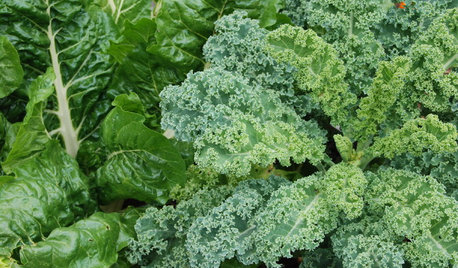
FALL GARDENINGFrost-Hardy Foliage That Loves a Cold-Climate Garden
When winter cuts a bleak swath through other plants, these edibles and perennials flourish brilliantly
Full Story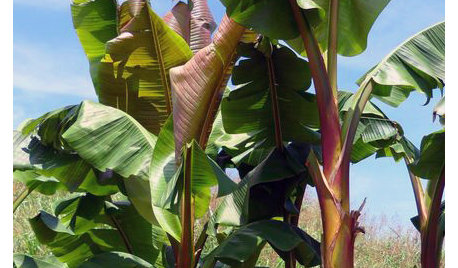
GARDENING AND LANDSCAPINGBring the Tropics to Your Cold-Climate Garden
Delightfully deceptive, these plants combine a durable nature with a tropical look to add a touch of the exotic to cooler landscapes
Full Story
LANDSCAPE DESIGNCelebrate a Sunny Climate With the Right Leafy Palm for Your Site
So you get freezes or floods. So your garden is small. These palms send excuses riding off into the tropical sunset
Full Story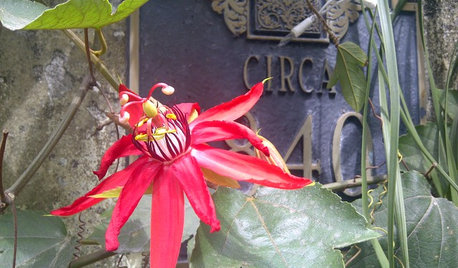
FLOWERS5 Sensational Flowering Vines for Warm Climates
Splash your garden with bright tropical color from late summer through fall with these showy trailing and climbing beauties
Full Story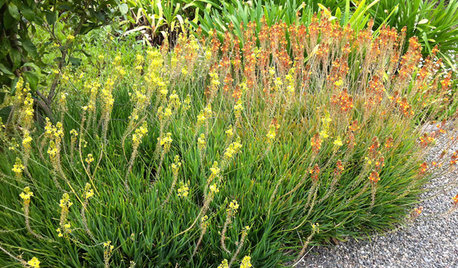
GARDENING GUIDES6 Dependable Ground Covers for Warm Climates
Swap some lawn for these drought-tolerant clumping plants — and watch your maintenance efforts diminish while they easily grow
Full Story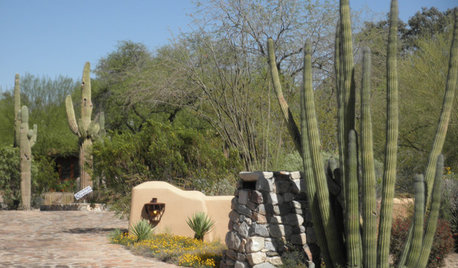
SOUTHWEST GARDENINGUnderstanding the American Southwest's Three Main Climate Zones
If you live in one of the arid or semiarid regions of the U.S. Southwest, this gardening zone guide is for you
Full Story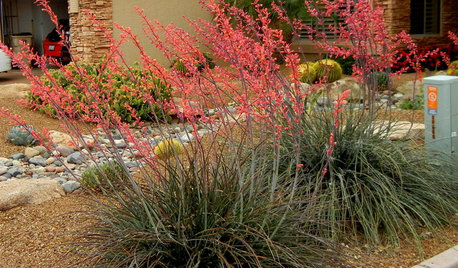
GARDENING GUIDES10 Cold-Hardy Succulents for Cool-Season Interest
These attractive plants shrug off colder temperatures, and many can be brought inside in containers in extra-chilly climates
Full Story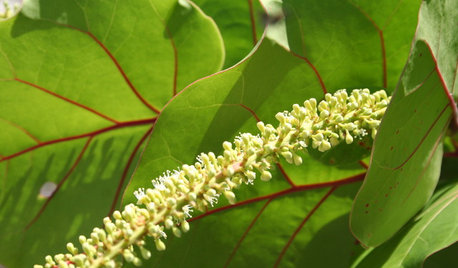
GARDENING GUIDESGreat Design Plant: Sea Grape, a Hardy Coastal Delight
Up to the high-tide line or even indoors, sea grape draws smiles for its looks and cheers for its tenacity
Full Story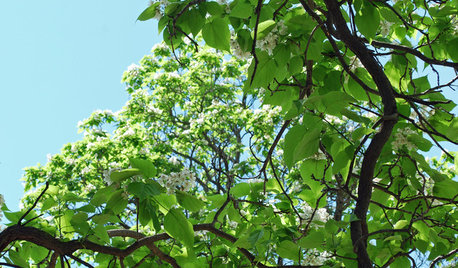
LANDSCAPE DESIGNGreat Design Plant: Retreat to the Shade of Hardy Catalpa
Big foliage and a towering height provide a shady respite in summer, but that's not all hardy catalpa offers dedicated gardeners
Full Story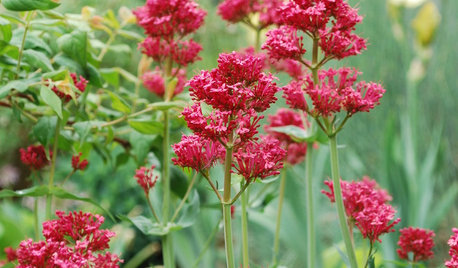
GARDENING GUIDES6 Lovely Water-Wise Perennials for High Altitudes
Even if your climate is cold and dry, you can still celebrate spring with these hardy and colorful perennials
Full Story







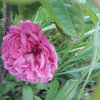


michaelg
york_rose
Related Professionals
Paradise Landscape Architects & Landscape Designers · Mooresville Landscape Contractors · Galt Landscape Contractors · Milton Landscape Contractors · Point Pleasant Landscape Contractors · San Rafael Landscape Contractors · Tigard Landscape Contractors · Wayland Landscape Contractors · West Chicago Landscape Contractors · West Coon Rapids Landscape Contractors · Drexel Hill Swimming Pool Builders · Bronx Siding & Exteriors · Leesburg Siding & Exteriors · South Glastonbury Siding & Exteriors · West Haven Siding & Exteriorstenor_peggy
michaelg
lionheart_gw (USDA Zone 5A, Eastern NY)
jim_w_nyOriginal Author
mxk3 z5b_MI
jim_w_nyOriginal Author
lionheart_gw (USDA Zone 5A, Eastern NY)
harryshoe zone6 eastern Pennsylvania
jim_w_nyOriginal Author